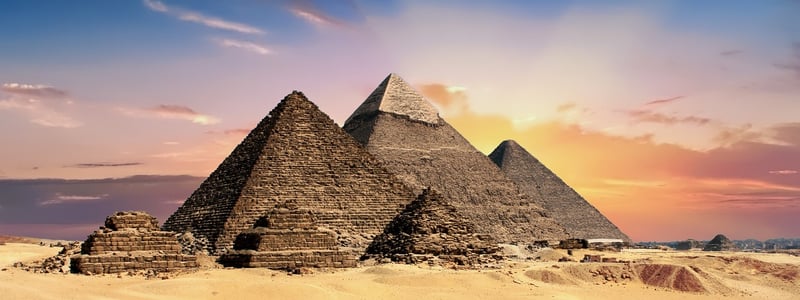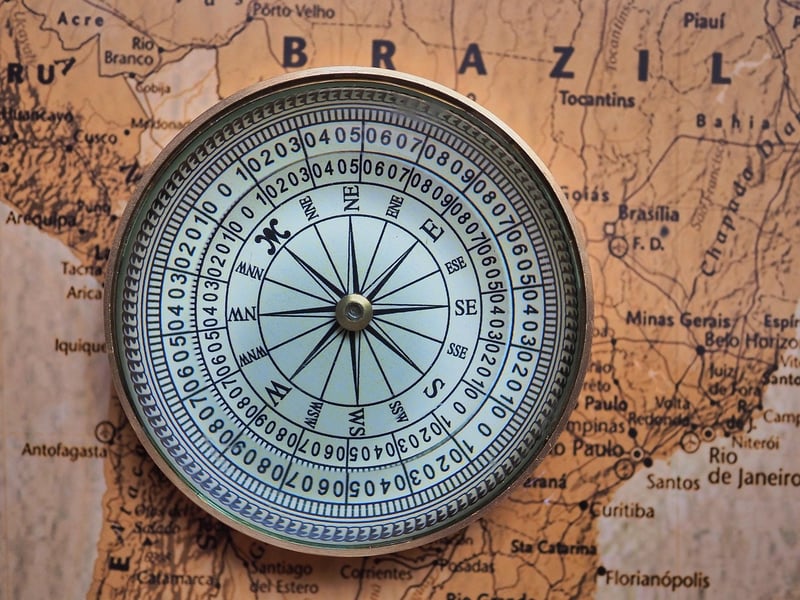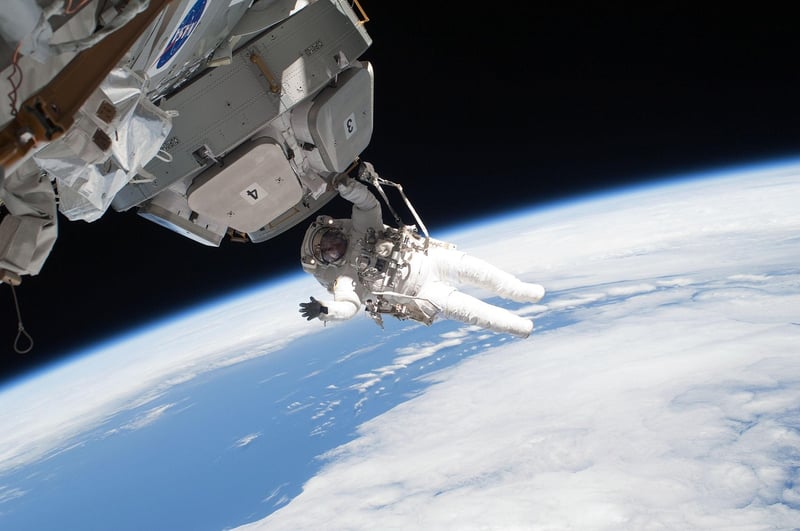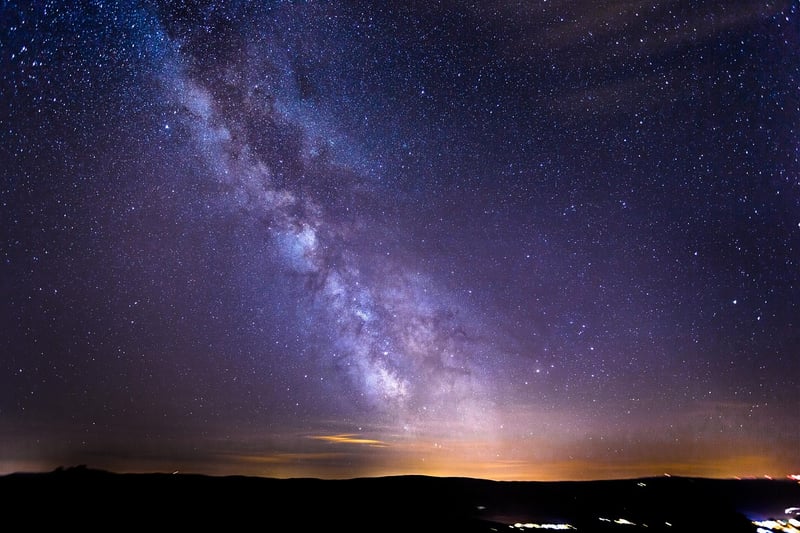Future Exploration
The Evolution of Exploration: From Ancient Times to the Future
Ancient Exploration
Ancient civilizations such as the Egyptians, Greeks, and Romans were pioneers of exploration. They ventured into unknown territories by land and sea, expanding their empires and exchanging goods and ideas.

Age of Discovery
The Age of Discovery in the 15th to 17th centuries saw European explorers like Christopher Columbus, Vasco da Gama, and Ferdinand Magellan navigate the globe, discovering new lands and establishing trade routes.

Space Exploration
In the 20th century, the exploration of space began with the launch of Sputnik by the Soviet Union in 1957. This sparked a space race between the USA and the USSR, leading to the first human landing on the moon in 1969.

Future of Exploration
As technology advances, the future of exploration looks promising. Projects like Mars colonization, deep-sea exploration, and interstellar travel are on the horizon, pushing the boundaries of human knowledge and discovery.

Key Takeaways:
- Ancient civilizations laid the foundation for exploration.
- The Age of Discovery opened up new frontiers across the globe.
- Space exploration marked a new chapter in human exploration.
- The future holds exciting prospects for exploration beyond Earth.
Exploration has been a driving force throughout history, shaping cultures, economies, and societies. From ancient voyages to space missions, humanity's thirst for discovery knows no bounds, fueling innovation and progress for generations to come.
